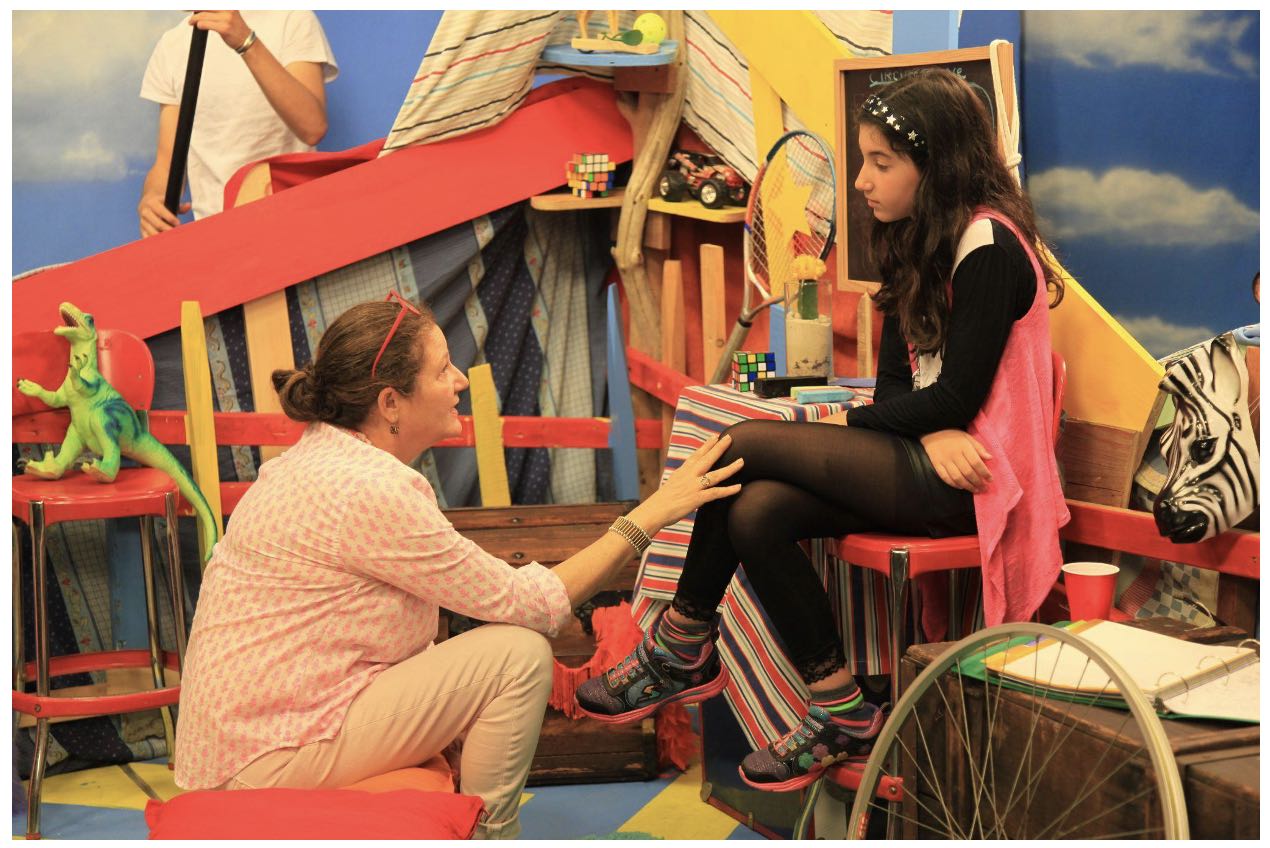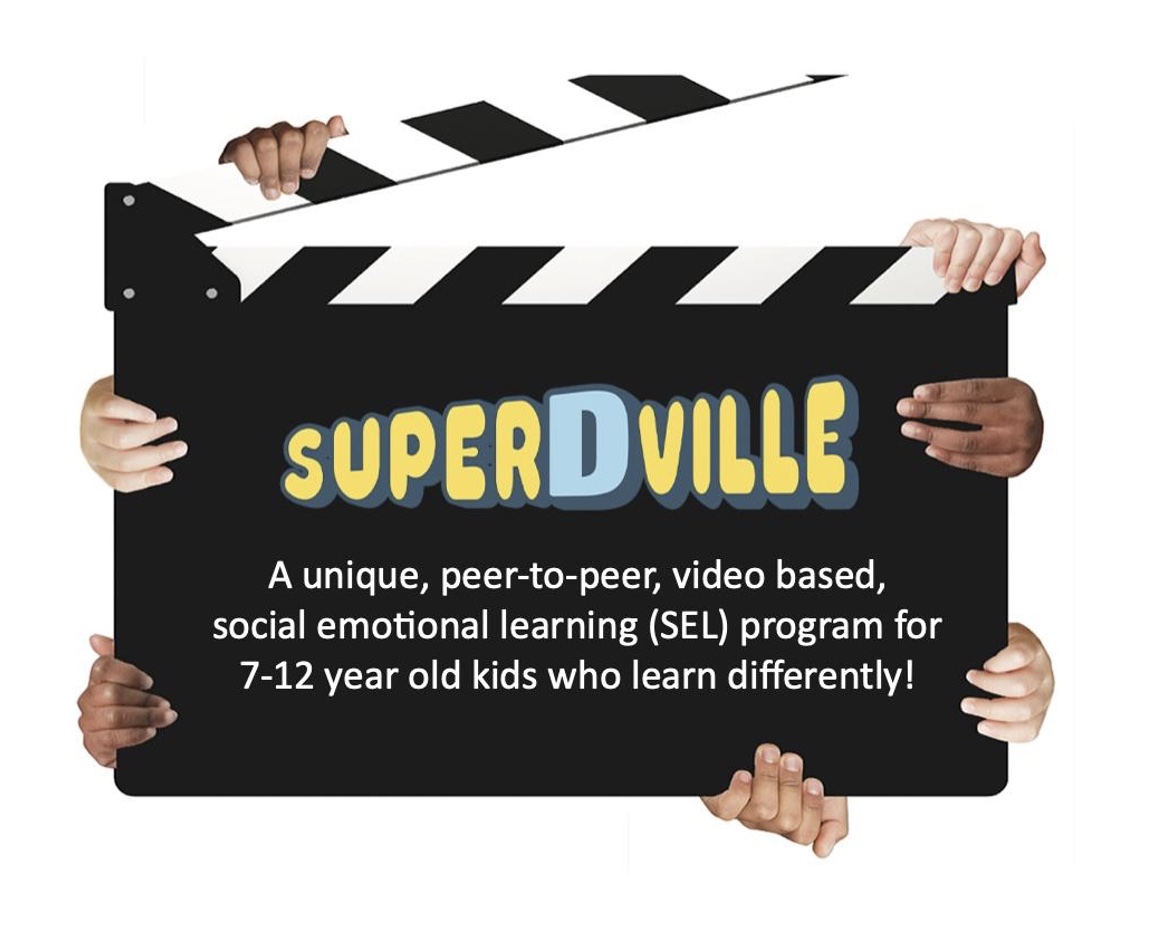The American education system has become infamous for below-average testing scores, teacher shortages, and other systemic issues that are taking a toll on educators and children alike. Performance in reading and math has been stagnant since the 2000s. Two-thirds of children aren’t meeting national reading standards either. The pandemic has also exacerbated many issues, leaving many children disengaged and unmotivated.
Children with learning disabilities may have suffered the most from these compounding issues. One in five children nationwide deal with learning differences that negatively impact their education. Overall, America has 4 million children with diagnosed learning disabilities. The total number is much higher, but educators and schools may be unqualified or unable to diagnose children. This is because of miseducation about what learning disabilities are or how much additional funding they may require.
However, American schools are federally required to design an Individualized Education Plan (IEP) or other accommodations for children with learning disabilities. These accommodations can vary widely depending on what children struggle with, but Social and Emotional Learning (SEL) programs have proven very beneficial. SEL curriculums empower children to cultivate skills that help them succeed academically and in life. Research has shown that SEL programs increase academic performance by 11%, increase graduation rates, and decrease high-risk behaviors like drug and alcohol usage.
New York-based e-learning provider, SuperDville, expands upon current SEL programs by introducing a research-based curriculum using original programming starring real kids with learning differences. The company’s framework assists children seven to twelve years old with overcoming the stigma around their differences. SuperDville’s curriculum focuses on developing self-esteem, resilience, and empathy while enabling students to identify their strengths and challenges as learners. Finally, the program offers knowledge that will improve self-advocacy through a child’s educational journey and into real life.

Peggy on Set – “SuperDville CEO, Peggy Stern, working with a cast member. The entire cast is made up of “real” kids with learning differences, which supports their peer-to-peer model.
While SuperDville recognizes the value that SEL provides, it also acknowledges that it is not a one-size-fits-all solution. In order to ensure that every child can take advantage of SEL curriculums, SuperDville believes that SEL needs fine-tuning and targeting when it comes to accommodating children with learning difficulties.
SuperDville is very easy for educators to utilize even for those with demanding schedules. The entire video curriculum includes a lesson plan script and activities educators can utilize. This design makes the program more accessible and valuable for students and teachers.
Peggy Stern founded SuperDville to disrupt misconceptions that prevent learning disabilities from being properly addressed. As an accomplished filmmaker with dyslexia, she has always advocated for improving accommodations and inclusivity within education.
“Learning disabilities affect kids from all races and classes, which is why SuperDville’s curriculum proactively accommodates diversity. Since founding the company, my team and I have been extremely sensitive to the idea that SEL can only be effective if families and parents are on board. Their support and understanding accelerate the results we’re trying to create. Therefore, we’ve made our curriculum available in eight languages and we’ve also been targeting low-income children because they are commonly underserved. Overall, SuperDville is committed to considering the diversity of America and designing programs to serve those demographics,” says CEO and founder Peggy Stern.
SuperDville conducted a pilot program for their SEL offerings during the 2021 and 2022 academic years while children and educators returned to on-site learning. The pilot occurred in 17 schools across 10 US states and Canadian provinces. Throughout this pilot, over 425 children participated in lessons. Thirty-one teachers shared their feedback about the curriculum as well. Teachers involved were delighted because SuperDville’s lessons spurred peer-to-peer interactions and were easy and convenient.
Every SuperDville lesson involves five-minute videos featuring children with various learning difficulties such as dyslexia, ADHD, dyspraxia, etc. The episodes focus on topics such as learning goals, stress, procrastination, and relationship skills and have four companion activities to help students internalize the social and emotional themes. The themes SuperDville aims to address have been identified as being particularly useful for children with learning difficulties.
While SEL programs focus on emotional and social development, they are influential for society as a whole, as extensive research has revealed numerous ways children with learning disabilities are prevented from living successful and fulfilling lives. They are three times more likely to drop out of high school, half as likely to enroll in higher education, and twice as likely to be unemployed. Unfortunately, 50% of students with learning disabilities are also involved with legal issues at some point in time, highlighting the crucial need to end the school-to-prison pipeline.

SuperDville and its team are anticipating the positive effects children and educators will discover once a partnership has been established. This relationship is steadily developing as teachers involved in the pilot were extremely impressed with the results the SuperDville curriculum delivered. Many educators felt supported by SuperDville’s program as it was designed to be easy to use for teachers and highly effective for students. SuperDville is grateful to see how much schools love their curriculum. The company is currently producing video content for middle schools to address the demand and reach more students.
“Our goal is to get SuperDville in the most underserved communities as a tool to truly support kids with their social and emotional learning. We believe our program will help them to build off of their strengths and tackle some of the academic struggles they have, but also allow them to find community, support, and confidence within themselves,” says Chief Operating Officer, Diana Correa-Cintron.
Advertising disclosure: We may receive compensation for some of the links in our stories. Thank you for supporting LA Weekly and our advertisers.
